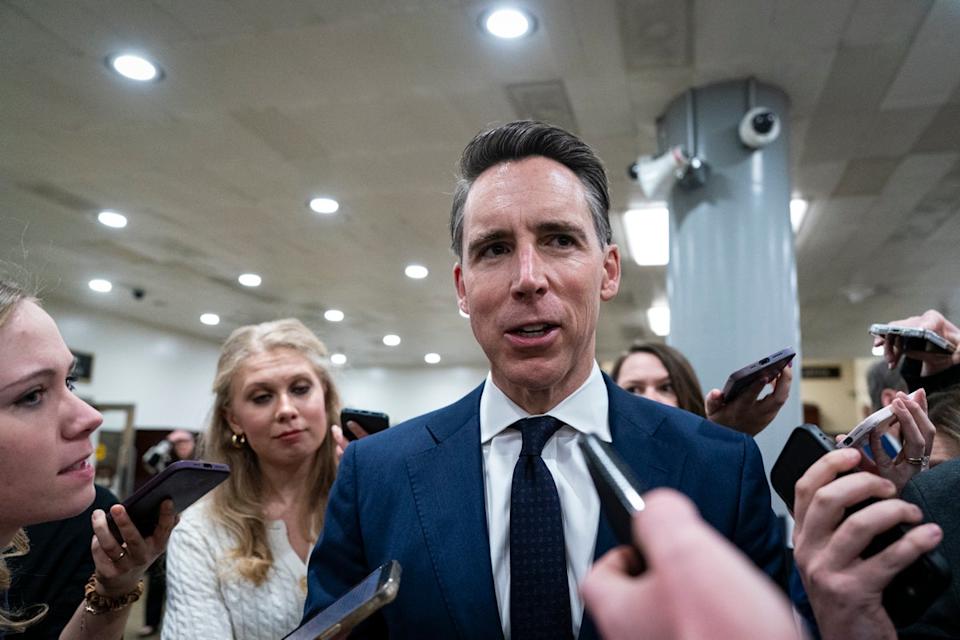Navigating Child Care Challenges: Support, Policy Shifts, and What Families Need to Know

Child care is a crucial pillar for working families in the United States. Reliable access enables parents to pursue their careers while ensuring that children receive safe, enriching early experiences. However, recent economic and political shifts have left many caregivers and parents re-evaluating their child care options. This article explores recent developments, local stories, and key considerations for families navigating today's evolving child care landscape.
The Vital Role of Child Care for Families
For millions of parents, affordable and quality child care is essential. It allows parents to balance job responsibilities and family life. According to national trends, nearly 65% of mothers in two-parent households with young children now work outside the home. With the cost of care averaging $11,000 per child annually—and even higher in larger cities—child care remains a top expense for many families.
Local Decisions and Funding: A Closer Look at Ashland
Communities across the country are confronting tough decisions about child care support. In Ashland, Oregon, the city’s budget committee faced challenging debates over whether to cut child care grants that have supported young families for years. After significant public feedback, including input from the YMCA and concerned parents, the committee voted to preserve funding for pre-school child care grants through the next two years. This move exemplifies the critical nature of local leadership in shaping child care access. To learn more about how Ashland’s leaders responded to community concerns, read the full story on KOBI-TV NBC5.
National Policy Debates: Home Care vs. Day Care
Recently, the national conversation has shifted to the balance between supporting stay-at-home parents and providing accessible day care. Some policymakers are advocating for tax credits or direct payments to families who choose to have a parent remain at home. However, these measures often come at the expense of federal support for day care services. The ongoing debate raises critical questions about how best to empower families with choices that match their needs. For a deeper dive into how federal policies might reshape child care across the country, check out this detailed analysis on Yahoo News.
Making Informed Choices for Your Family
Whether you rely on local child care centers, family caregivers, or are considering staying home, it's important to stay informed about evolving programs and policies. Weigh the financial impact, your child’s needs, and what works best for your situation. Stay active in community conversations and support local initiatives that prioritize accessible, high-quality care for all children.
Conclusion: Staying Engaged and Prepared
Every family’s child care journey is unique. As local and national policies shift, it’s more important than ever to stay engaged, seek out reliable support, and advocate for solutions that benefit children and parents alike. By staying informed and involved, you can help shape a system that works for your family—and your community.